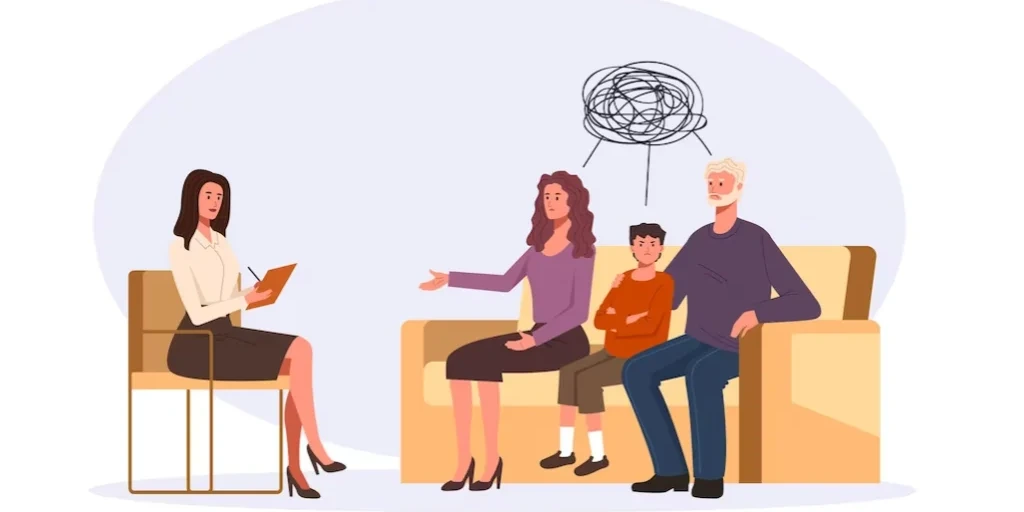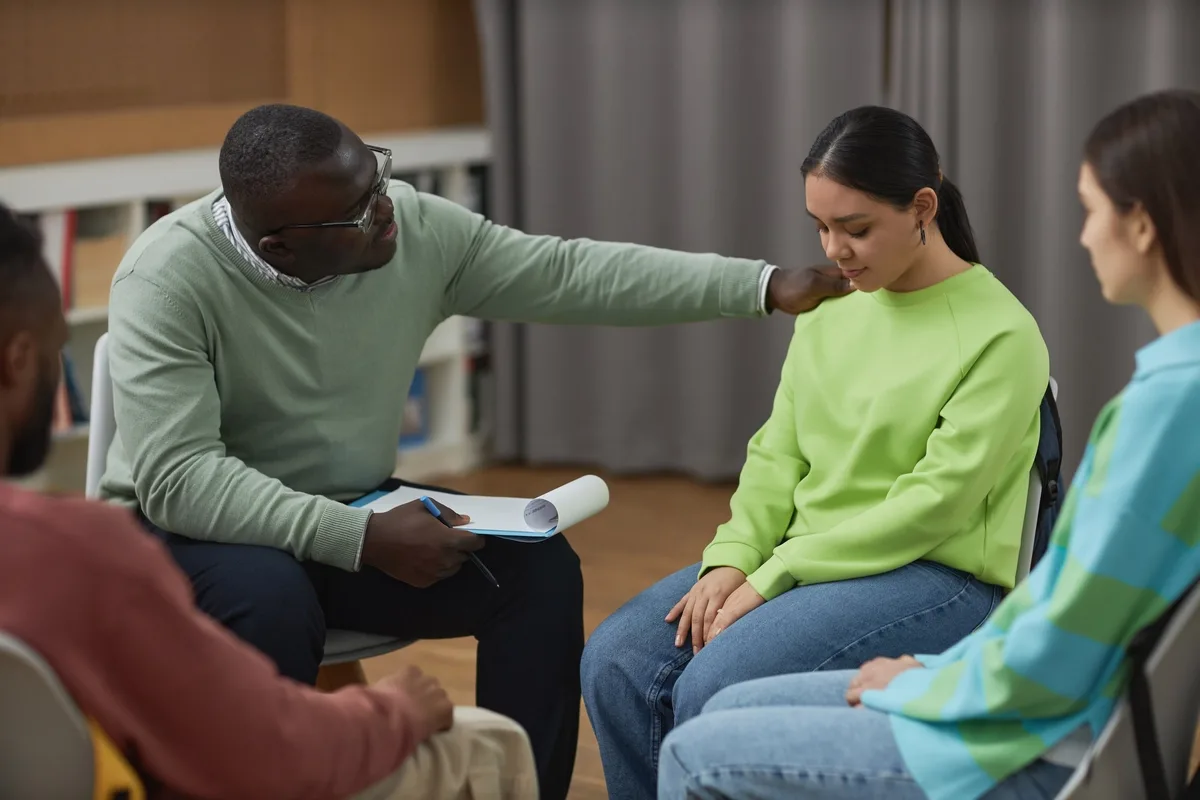24/7 Helpline:
(866) 899-221924/7 Helpline:
(866) 899-2219
Learn more about Group Therapy centers in Peachtree City
Group Therapy in Other Cities

Other Insurance Options

EmblemHealth

CareSource

Holman Group

Anthem

Optima

Multiplan

Sutter

Covered California

American Behavioral

Molina Healthcare

Carleon

Optum

Amerigroup

Magellan

CareFirst

Kaiser Permanente

State Farm

MVP Healthcare

ComPsych

Premera

Georgia Addiction Treatment Center
Georgia Addiction Treatment Center (GATC) is a CARF-accredited drug and alcohol rehab located in Pea...

Grace Harbour
Grace Harbour is an outpatient mental health clinic that serves individuals from all ages in a holis...





Turning Point New Directions
Turning Point New Directions is a counseling clinic located in Tyrone, GA. Turning Point New Directi...

The Insight Program
The Insight Program is a private rehab located in Tyrone, Georgia. The Insight Program specializes i...

Pyramid Healthcare – Pine Ridge Manor Halfway House for Men
Pyramid Healthcare - Pine Ridge Manor Halfway House for Men is located in Tyrone, Pennsylvania. Pyra...
































































